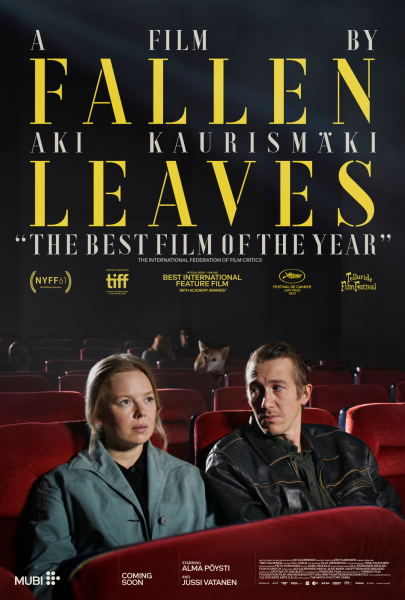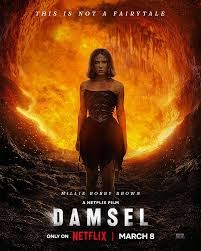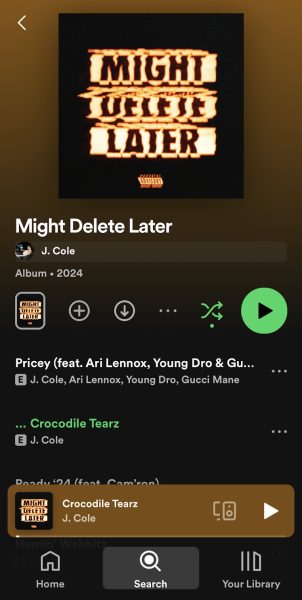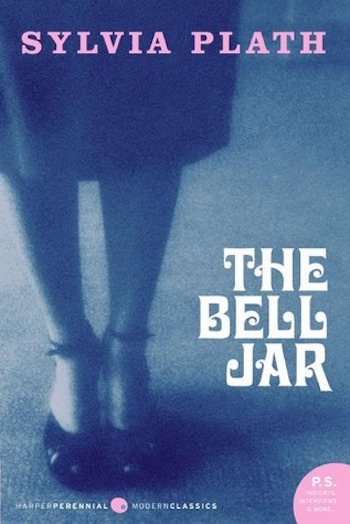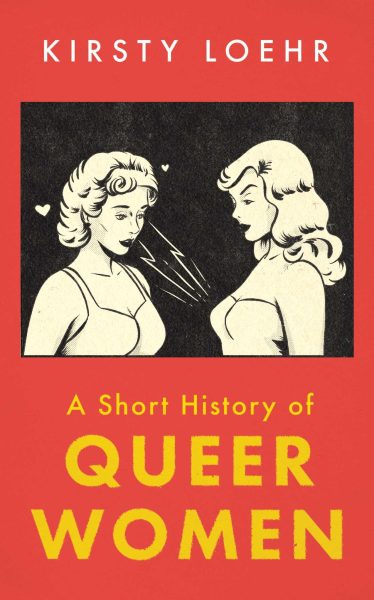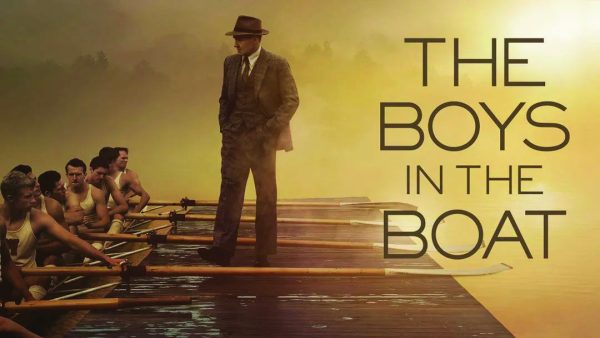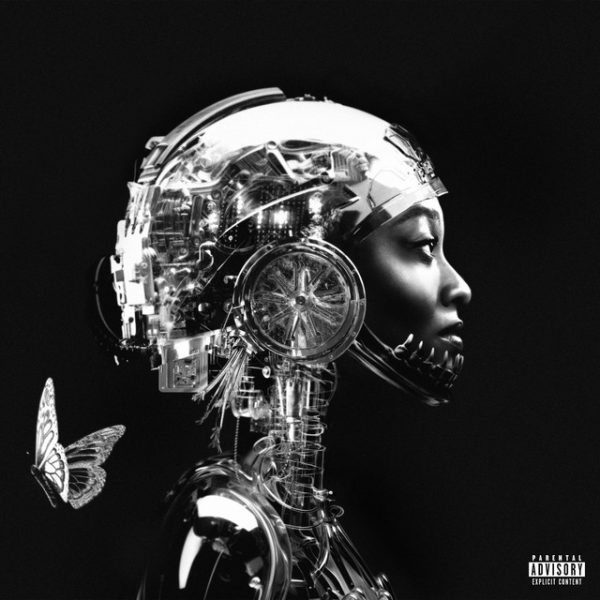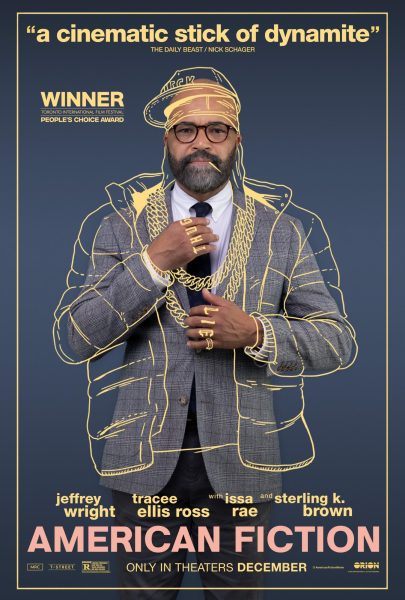Avengers Assemble: Why the MCU Worked and the DCEU Failed
Within the past ten years, both Marvel and DC have created their own cinematic universes. Marvel has seen critical acclaim, while DC has had only two films with overall good reviews. So why did the Marvel Cinematic Universe (MCU) work, and the DC Extended Universe (DCEU) fail? Let’s compare each company’s “Heroes v.s. Heroes” films. Batman v.s Superman: Dawn of Justice (DCEU), and Captain America: Civil War (MCU).
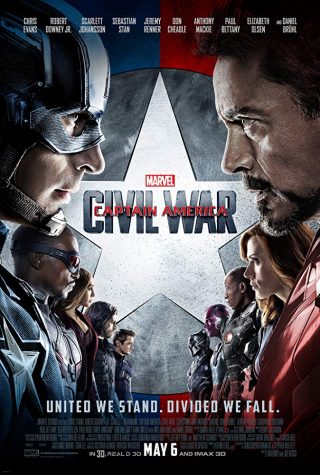
First, how each film was set up. We’ll start with Civil War. In the first Avengers, we see Iron Man and Cap have one massive argument. In Age of Ultron, they are constantly disagreeing on almost every major decision that needs to be made, to the point of physically fighting for a few moments. So by the time, Civil War, the thirteenth film in the MCU came along, it makes complete sense for the story and the characters.
So how was Dawn of Justice set up? It wasn’t. There was only one film before this in DC’s extended universe. And that film literally never brought up that Batman even existed. If they had used perhaps, Christopher Nolan’s, or Tim Burton’s incarnation of Batman, this might of worked. But they didn’t. This is a completely new version who, as I stated before, has never been brought up before this film.
Not only did Dawn of Justice have to continue Superman’s arc, they have to introduce not only a new version of Batman, but so many other new characters. And have to set up why Batman and Superman hate each other. It was too much for one film.
Second, does the movie make sense? In other words, does the reason for the title characters to fight make sense? In Civil War, Tony and Cap disagree over the Sokovia Accords, a document that says the Avengers would take orders from a United Nations panel. This works because it makes sense in the MCU that, with city after city destroyed, the government would create this legislature to control the Avengers. At this point in the films, we can tell that both Tony and Cap are trying to hide away how the other is getting on their nerves. Eventually their true emotions were going to boil over, and the Sokovia Accords pushed both characters to their boiling points.
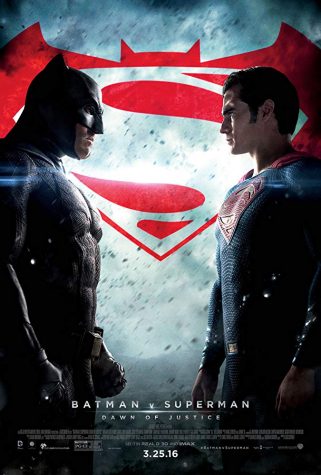
In Dawn of Justice, two leads fight each other for completely different reasons. Superman fights because Lex Luthor kidnaps his mom, and says he’ll kill her unless Superman fights Batman. This doesn’t work because we’ve just been introduced to Luthor in this movie, and aren’t given enough time to relate to or understand the character’s motives.
Batman wants to stop Superman because he views him as a threat, which does make sense for plot. The problem that arises is, why would we care? This is the second film in this universe and we barely know any of these characters, and could care less if they fight each other.
Finally, in terms of each separate universe, was it necessary for the film to even exist? Now of course, every filmmaker wants their film to make money, but to me, it’s clear that Civil War had effort put into it. At the end of it, Tony and Cap are still on bad terms, and because this movie happened, the Avengers were split up. In turn, the Avengers lost to Thanos in Infinity War due to their separation. Civil War adds value and emotional weight to the MCU.
The decision to have Batman fight Superman in the second film in this universe was probably not a good idea. For example, if Marvel had made Civil War right after Iron Man, it wouldn’t have made any sense. I’m not sure who at DC had the brilliant Idea to kill Superman in this film, but my suggestion is that if they still work at DC, they should be fired immediately. No, that wasn’t a joke. In the second film in a universe they wanted to last for years, they killed the main character. His death adds nothing to the universe, as they literally just bring him back in the next film.
Many foolish choices, such as Superman’s death, are what killed the DCEU. Marvel took it’s time to develop each character, so that we as an audience could understand them. Not only how each character changed over the course of their own films, but the MCU as a whole. The MCU didn’t tell us that Tony Stark is full of guilt and regret through a line of exposition. Rather, they showed us over the course of his own trilogy, and the other seven films he’s in.
We understand why Stark builds Ultron, because we’ve seen Iron Man 3. We understand why Captain America refuses to sign the Sokovia Accords, because we’ve seen Winter Soldier, and Age of Ultron. Because of this, it gives us a real connection to those characters.
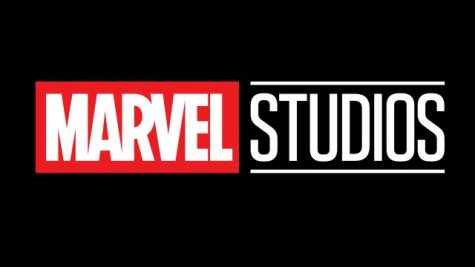
We cheer on Earth’s Mightiest Heroes, not because the script says so, or the music cues us to, but because we’re so invested in each character we want to. Marvel understands that moments such as Captain America picking up Mjolnir, Thor showing up to Wakanda, or Iron Man sacrificing himself wouldn’t have been nearly as satisfying unless we cared about their heroes. And clearly we do, as I’ve never heard a theater so loud, and full of excitement over a character saying two words.

"This is where the fun begins." If you're a big fan of film, TV, or the world of entertainment as a whole, you've come to the right place. This will be...

